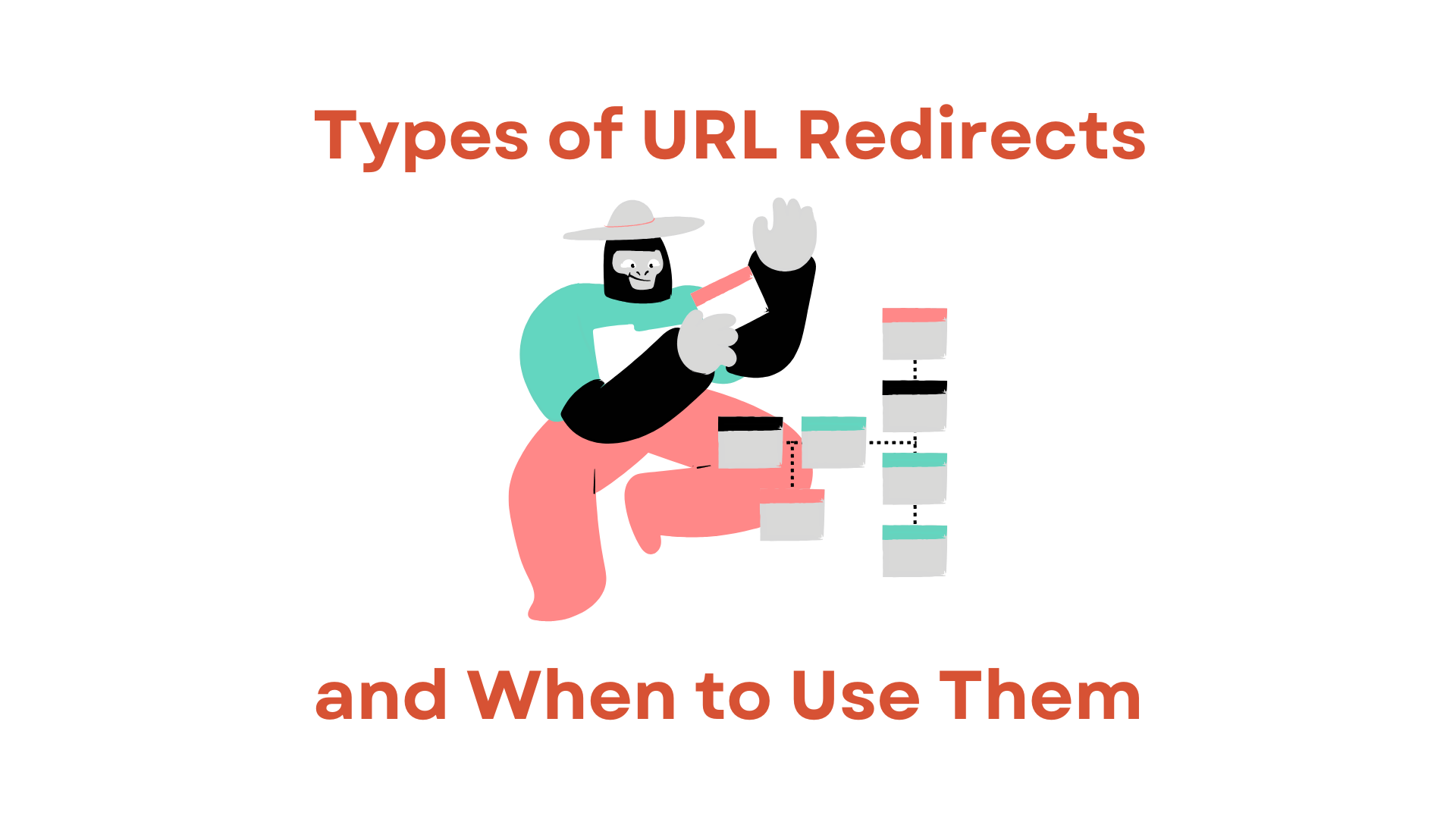In the ever-evolving landscape of search engine optimization (SEO), one of the critical aspects is understanding how redirect links affect your website’s performance. Redirects are fundamental to managing and optimizing a website, but they can also pose challenges if handled incorrectly.
In this article, we will delve into the world of redirect link analysis, exploring what it is, why it matters, and how you can master this art to enhance your SEO efforts.
So, lets get started.
Understanding Redirect Links

A redirect link is a way to forward one URL to another. This process is essential for various reasons, such as:
- Page Migrations: When you move content to a new URL, you use redirects to ensure users and search engines find the new location.
- Canonicalization: To consolidate similar or duplicate content under a single URL, redirecting alternate versions to the canonical page is common.
- Fixing Broken Links: When you delete a page or change its URL, you can redirect the old URL to a relevant, working page to maintain user experience.
Redirects come in several types, including 301 (permanent) and 302 (temporary) redirects, each serving different purposes. Properly managing these redirects is crucial for SEO.
Also Read: What is a redirect? Explain the difference between each redirect and SEO effect
Why Redirect Link Analysis Matters?
Redirect link analysis is the process of examining and evaluating the redirects within your website’s architecture. This practice is significant for several reasons:
- Preserving SEO Value: When a page is redirected, its accumulated SEO value is passed on to the new destination. Understanding how this transfer works is vital for maintaining and improving rankings.
- User Experience: Redirects impact user experience. If incorrectly handled, they can result in slow page loading times, driving users away.
- Error Detection: Monitoring redirects help you identify and rectify issues such as redirect chains and loops, which can negatively affect your website’s crawlability and indexability.
- Link Equity Distribution: Redirects influence how link equity (or PageRank) is distributed throughout your site. Mismanagement can lead to inefficient distribution.
Mastering Redirect Link Analysis
Now that we understand the importance of redirect link analysis, let’s explore how to master this art for better SEO results:
1. Audit Your Site:
Conduct a comprehensive site audit to identify all existing redirects. You can use SEO tools like Screaming Frog or Ahrefs for this purpose.
2. Understand Redirect Types:
Familiarize yourself with different redirect types and their purposes. Ensure that you are using the appropriate redirect type for each scenario.
3. Minimize Redirect Chains:
Aim to keep redirect chains as short as possible. Multiple redirects in a chain can slow down page loading times and dilute link equity.
4. Fix Redirect Loops:
Redirect loops occur when two or more pages redirect to each other in a loop. These can confuse search engines and harm your SEO efforts. Identify and fix them promptly.
5. Update or Remove Outdated Redirects:
The necessity for redirects may change over time. Regularly review and update or remove redirects that are no longer relevant.
6. Monitor Performance:
Keep an eye on the performance of your redirects using webmaster tools and SEO analytics. Look for fluctuations in rankings or crawl errors.
7. Test User Experience:
Check how redirects affect user experience by monitoring page load times and ensuring a seamless transition from the old URL to the new one.
8. Implement 301 Redirects for Permanent Changes:
When you make permanent changes to URLs, always use 301 redirects. By consistently employing 301 redirects, you convey to search engines that your alterations are intended to be permanent.

This practice is made even more accessible with platforms like RedirHub, which simplifies the process of creating and managing redirects, ensuring a seamless transition for both search engines and your website visitors.
Also Read: Does 301 Redirect Pass Link Juice?
Conclusion
Redirect link analysis is a critical skill for SEO professionals and website owners. Mastering the art of redirect management ensures a smooth user experience and preserves and enhances your website’s SEO value.
By conducting regular audits, understanding redirect types, and following best practices, you can harness the power of redirects to improve your website’s visibility and performance in search engine results pages.




